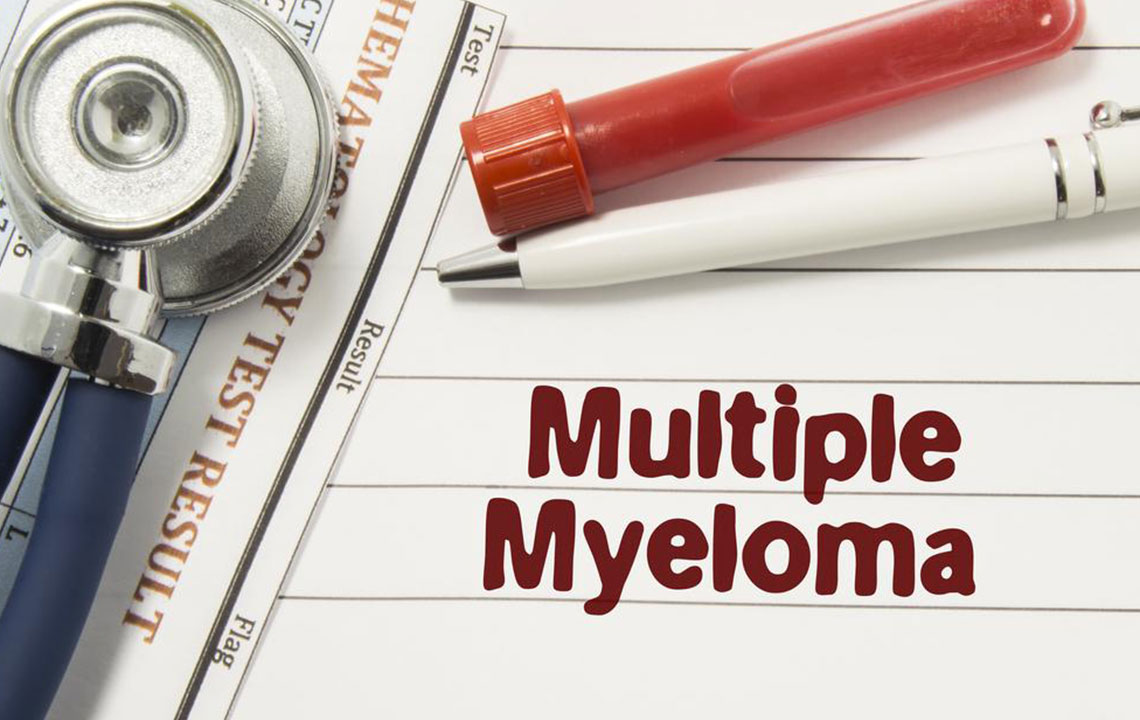7 Essential Strategies to Choose the Right Oncology Specialist
Discover seven effective strategies for selecting the best oncologist to ensure optimal cancer care. From online searches and referrals to facility evaluation and insurance checks, these tips streamline your decision-making process. Prioritize experience, reputation, and communication to find a specialist suited to your needs. Thorough research and personal visits help you make an informed choice, leading to better treatment outcomes and peace of mind during your cancer journey.

7 Essential Strategies to Choose the Right Oncology Specialist
Cancer is a multifaceted disease requiring expert diagnosis and targeted treatment for effective management. Accurate screening and diagnosis hinge on selecting a highly qualified oncologist—an expert in cancer care. The right specialist not only addresses your medical needs but also offers vital support throughout your treatment journey.
Guidelines for selecting an oncologist
Effective cancer therapy involves various procedures, with treatment outcomes heavily influenced by the physician’s expertise.
Therefore, choosing the ideal oncologist is critical.
1. Initiate online research.
Searching phrases like “top cancer specialists near me” on search engines can help identify local oncologists. Online medical directories and doctor listing platforms also provide detailed profiles, including qualifications, experience, and practice locations.
2. Seek recommendations and referrals
A primary care physician often knows reputable oncologists for referral. Additionally, consulting family, friends, or acquaintances can lead to trusted recommendations based on personal experiences and specific medical needs.
They may suggest doctors suited to your preferences and health conditions.
3. Evaluate qualifications, reputation, and experience
In complex cases like cancer, the oncologist's expertise, reputation, and board certifications are vital for effective treatment. Determine the relevant subspecialty, such as neuro-oncology or gastrointestinal oncology, based on your cancer type. For specific treatments like radiation therapy, look for specialized radiation oncologists with credentials from recognized boards, indicating advanced knowledge and skill.
4. Review hospital and clinic facilities
Contact the shortlisted clinics or hospitals to understand the care quality and available amenities. Choosing a reputable, well-equipped hospital ensures comprehensive care. Also, consider the facility's proximity to your home to facilitate multiple visits over lengthy treatment periods.
5. Read reviews and ratings
Patient reviews available online offer insights into the doctor’s approach, staff friendliness, appointment scheduling ease, and overall experience. This feedback assists in making an informed choice for a compassionate and efficient oncologist.
6. Analyze communication skills
During initial consultations, ask about treatment strategies, success rates, potential risks, and recovery expectations. A doctor who communicates clearly and makes you comfortable is essential for your peace of mind throughout treatment.
7. Verify insurance acceptance
Since cancer treatments can be costly, check if the oncologist accepts your insurance plan to reduce expenses. Confirm coverage details with both your insurance provider and the healthcare facility. Proper planning ensures financial clarity and prevents unexpected costs.










